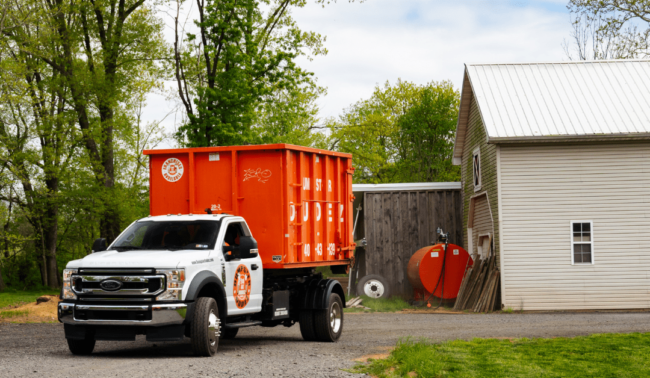Logistical Constraints and Space Limitations
While baldwin county dumpster rental offer a convenient and efficient solution for commercial waste management, businesses often encounter various challenges when utilizing these services. From logistical hurdles to regulatory compliance issues, navigating the complexities of dumpster rentals requires careful planning and proactive management to ensure smooth operations and minimize disruptions.
One common challenge businesses face when using dumpster rentals for commercial waste management is logistical constraints and space limitations. Commercial properties, especially those in urban areas or tight quarters, may have limited space available for dumpster placement, making it challenging to find suitable locations for containers without impeding traffic flow or obstructing access to buildings. Additionally, coordinating delivery and pickup schedules to align with project timelines and operational needs can pose logistical challenges, particularly in dynamic and fast-paced environments where flexibility is essential.
Another significant challenge for businesses using dumpster rentals for commercial waste management is ensuring compliance with regulations and environmental standards. Depending on the nature of the waste generated and the industry sector involved, businesses may be subject to various local, state, and federal regulations governing waste disposal, recycling, and environmental protection. Failure to adhere to these regulations can result in costly fines, penalties, and reputational damage, making it imperative for businesses to stay informed and implement robust compliance measures when managing waste through dumpster rentals.

To overcome these challenges, businesses must adopt proactive strategies to mitigate risks and enhance efficiency in commercial waste management. This may include conducting thorough site assessments to identify potential logistical constraints and develop contingency plans to address them effectively. Moreover, investing in employee training and education on waste handling procedures and regulatory compliance requirements can help ensure adherence to best practices and minimize the risk of compliance violations. Additionally, leveraging technology and data analytics tools to track waste generation, monitor dumpster usage, and optimize service schedules can empower businesses to make data-driven decisions and streamline waste management processes, ultimately enhancing operational efficiency and reducing costs.
In conclusion, while businesses may encounter various challenges when using dumpster rentals for commercial waste management, proactive planning, and strategic management can help overcome these obstacles and unlock the full potential of these services. By addressing logistical constraints, ensuring compliance with regulations, and implementing efficient waste management practices, businesses can optimize their use of dumpster rentals to achieve sustainability goals, minimize environmental impact, and drive long-term business success.
